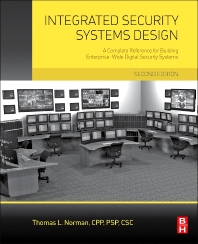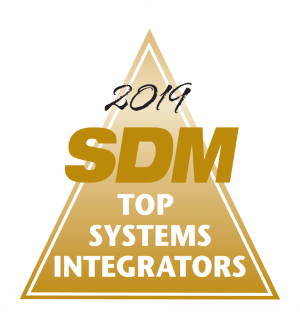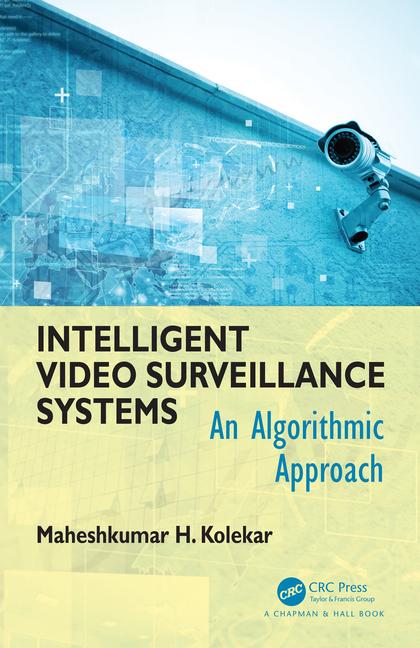VoIP and other IP-enabled services such as those offered by cable companies currently account for approximately a few hundred thousand lines today, but they are expected to grow as cable companies and local phone companies start using the technology.
Alarm customers should be aware of the potential impact that switching to VoIP could have on their electronic security and life safety systems. A few of the issues for customers to consider before making the switch are included in a sample VoIP letter available on the NBFAA's Web site www.alarm.org. These issues include:
- The availability of 911 service, which under the FCC ruling is not as strictly required. It may also be difficult for the 911 dispatch center to identify the location of an Internet-based call.
- The potential that a battery backup in addition to the alarm system’s battery backup will be needed to maintain communication during a power outage.
Through proper communication, NBFAA members can ensure that monitoring service for their customers’ alarms will continue in the event that the customer decides to switch to VoIP.







